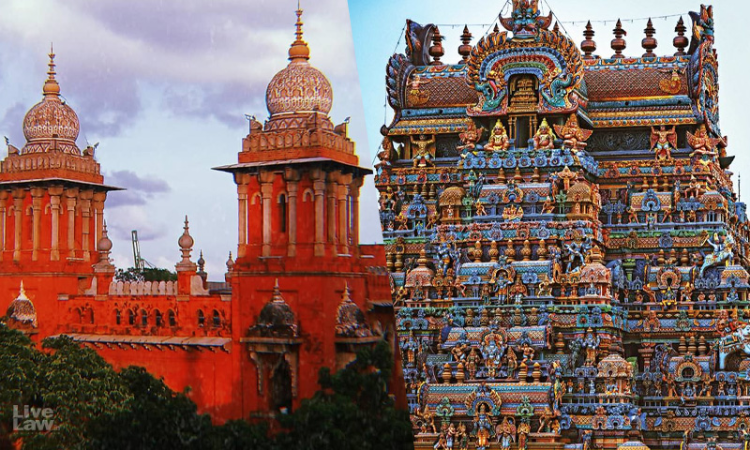'Not Secular Money': Madras High Court Restrains HR&CE Dept From Establishing New Colleges
Sebin James
15 Nov 2021 6:43 PM IST

Next Story
15 Nov 2021 6:43 PM IST
The Madras High Court has put an interim stay on setting up of new educational institutions by the Hindu Religious & Charitable Endowments (HR&CE) Department, using surplus Temple funds, other than the four colleges that are already set up.A bench comprising of Chief Justice Sanjib Banerjee and Justice P.D Audikesavalu noted that even though imparting education must be appreciated,...
